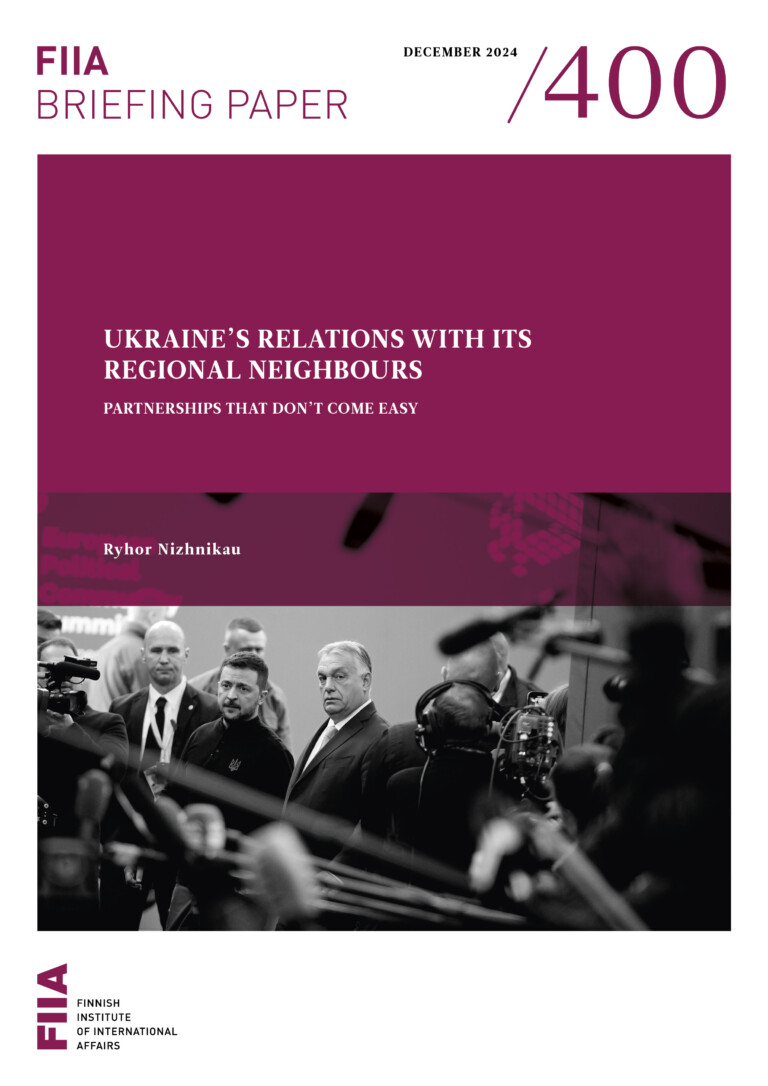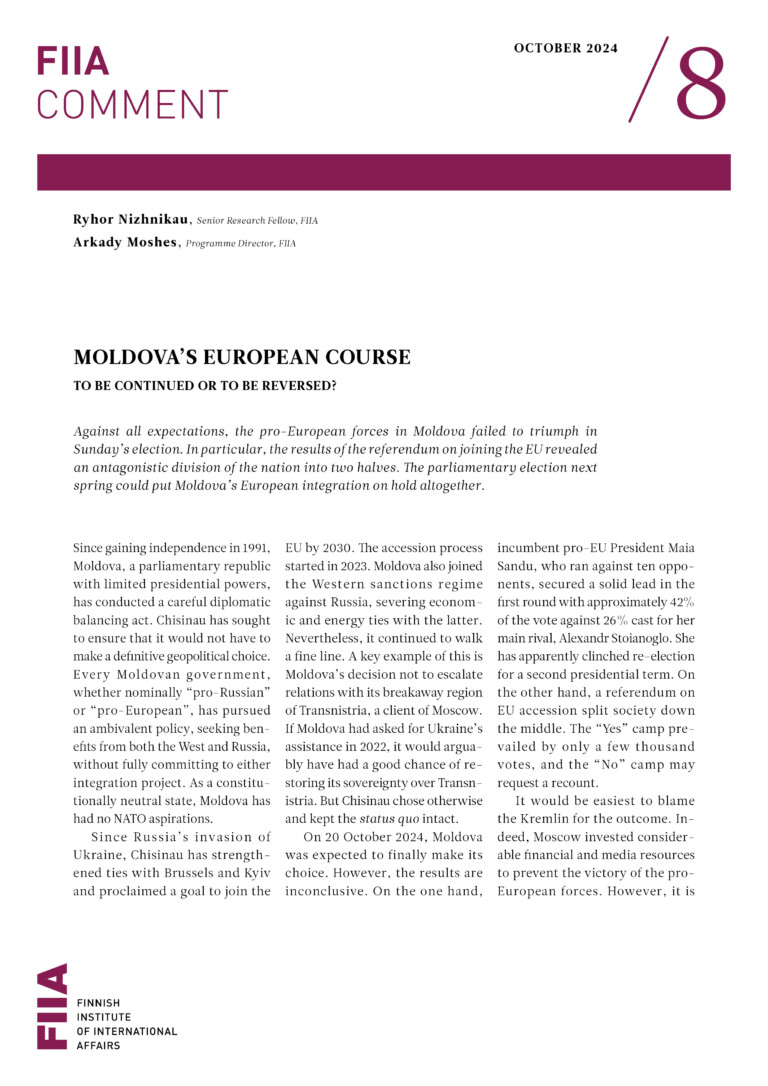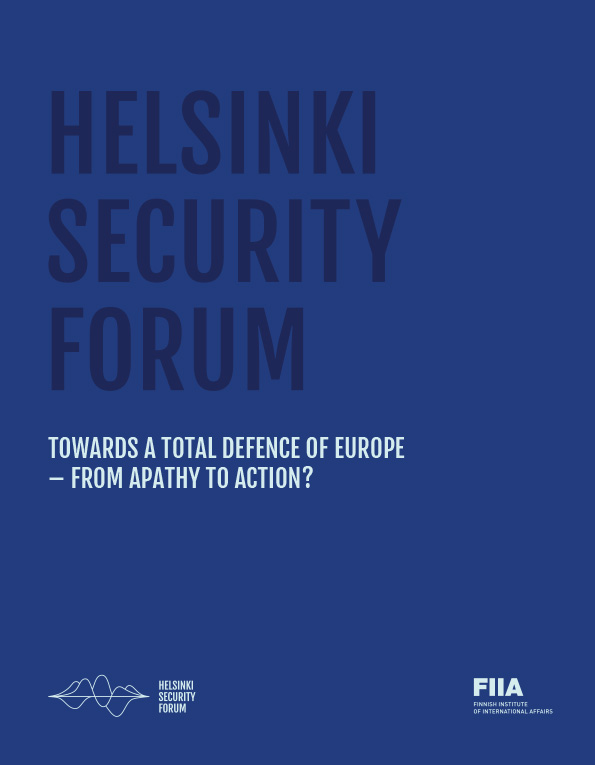The destabilization of Ukraine and the possible escalation of the crisis have presented a direct security risk to the Visegrad countries – Poland, the Czech Republic, Slovakia and Hungary – particularly concerning military security, the potential interruption of energy transit, and the possible influx of refugees. These factors have forced the Visegrad states to show unprecedented unity and activism in addressing the crisis.
However, regarding the possibility of sanctioning Russia, the Visegrad Group is unable to take a joint position. The main reason for this is that Russia does not pose a direct military threat to the region.
Consequently the individual policies of the Visegrad countries towards Russia are defined by a constellation of geopolitical concerns, normative motivations, business interests and domestic political ambitions, which are decidedly different in all four cases.
Domestic political motivations, such as the will to increase domestic legitimacy, and concerns over the economic effects of sanctions, obviously influence the foreign policy actions of the Visegrad governments. However, Viktor Orbán of Hungary was the only one to break the Visegrad solidarity on Ukraine with his domestically-motivated remarks in May 2014 and demanding autonomy for Hungarians living in the Trans-Carpathian region.
As most normative, business and domestic political motivations are of a lasting strategic nature, it is highly likely that the general incoherence of the Visegrad region regarding Russia will prevail.


















